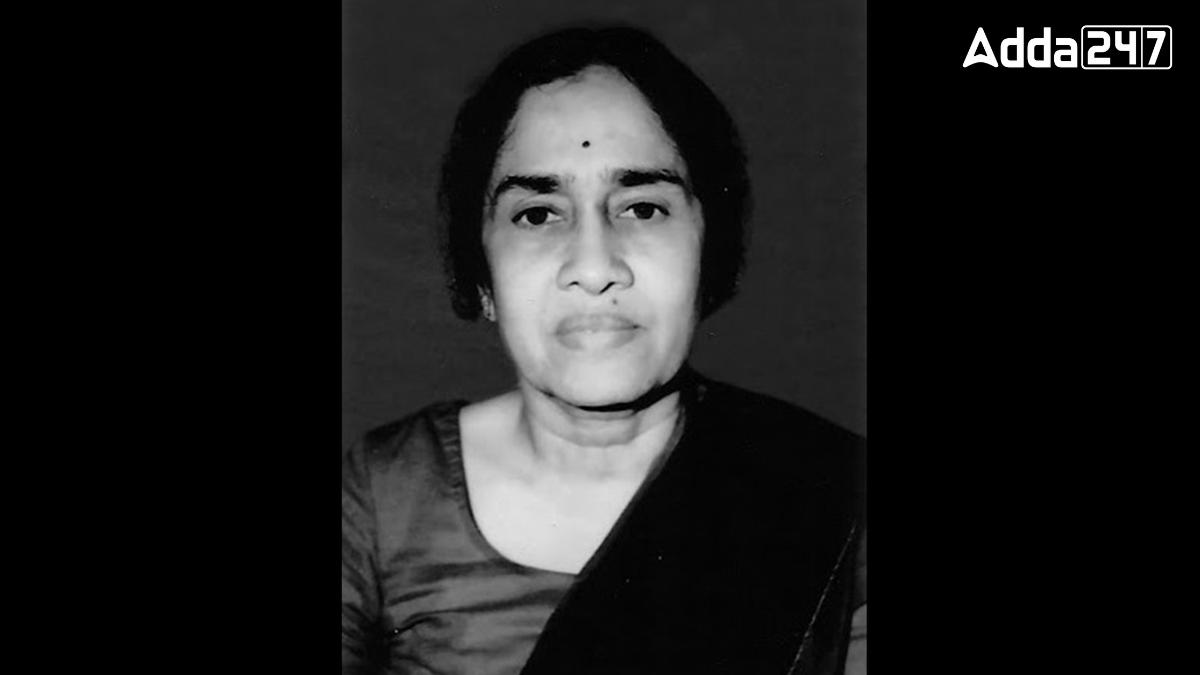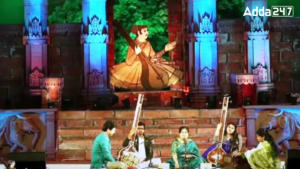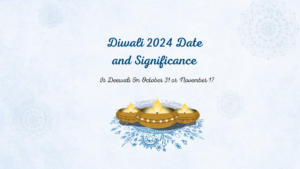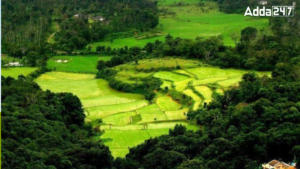Kamala Sohonie was a pioneering Indian biochemist who made significant contributions to science and opened doors for women in research. Her journey as the first Indian woman to receive a PhD in a scientific discipline paved the way for future generations of women scientists.
Early Life and Education of Kamala Sohonie
Kamala Sohonie was born on 18 June 1911 in Indore, now part of Madhya Pradesh, India. Her father, Narayanarao Bhagvat, and her uncle, Madhavrao Bhagvat, were both chemists and alumni of the Tata Institute of Sciences, which later became the Indian Institute of Science (IISc) in Bengaluru. Following the family tradition, Kamala completed her BSc in Chemistry and Physics from Bombay University in 1933.
Overcoming Obstacles at IISc
In 1933, Kamala applied for a research fellowship at IISc. Despite her qualifications, her application was initially rejected by the then-Director and Nobel Laureate, Prof. C.V. Raman, who believed that women were not suited for research. Undeterred, Kamala staged a satyagraha outside Raman’s office, which eventually led to her admission under strict conditions. She was the first woman to be admitted to the institute, although she faced significant biases and challenges.
Research and Achievements of First Female Scientist in India
At IISc, Kamala’s research focused on proteins in milk, pulses, and legumes, which were crucial for the Indian context. Her work significantly impacted Prof. Raman’s decision to allow more women into the institute.
In 1937, she went to Cambridge University to work under Dr. Derek Richter and later Dr. Robin Hill. At Cambridge, she discovered the enzyme Cytochrome C, essential for energy production in cells. Her concise thesis on the subject, completed in just 14 months, was a notable departure from the norm.
Contributions of Kamala Sohonie to Indian Science
Upon returning to India in 1939, Kamala joined Lady Hardinge Medical College as a Professor and Head of the Department of Biochemistry. She also worked at the Nutrition Research Laboratory in Coonoor, focusing on vitamins.
In 1947, she married M.V. Sohonie and moved to Mumbai. She joined the Royal Institute of Science as a Professor and later became the Director, although her appointment was delayed due to gender bias. Kamala’s research on the nutritional aspects of legumes and palm sap, known as Neera, was particularly impactful. Her work demonstrated the high nutritional value of Neera and its benefits for malnourished populations.
First Female Indian Scientist Legacy and Recognition
Kamala Sohonie was an active member of the Consumer Guidance Society of India and served as its President for 1982-83. Her contributions were recognized with the Rashtrapati Award for her work on Neera.
Kamala passed away on 28 June 1998 in New Delhi, shortly after a felicitation ceremony by the Indian Council of Medical Research (ICMR). Her pioneering efforts were commemorated by Google with a Doodle on her 112th birth anniversary on 18 June 2023, celebrating her enduring legacy as India’s first female scientist.



 Which District of Madhya Pradesh is Famo...
Which District of Madhya Pradesh is Famo...
 Diwali 2024 Date and Significance: Is De...
Diwali 2024 Date and Significance: Is De...
 Which Indian City is Known as the Scotla...
Which Indian City is Known as the Scotla...

